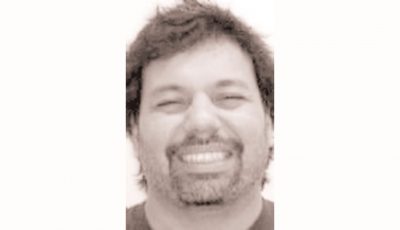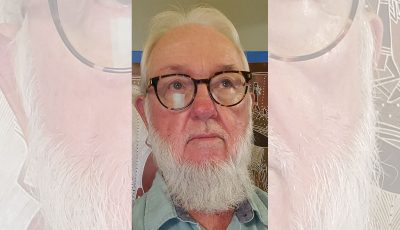Don’t just sit there. Do nothing!
If you’re looking for a good excuse to sit in a beach chair and do absolutely nothing, well, I’m just the man to provide it. After all, nothing is, quite often the very best thing to do.
Before we get all philosophical about stuff, we can just scroll through our own observations in life. Of the destructive screw-ups you’ve seen, how many situations would have turned out better, in retrospect, if the wrong action had been supplanted by simply no action at all?
I’ve seen many such cases, not only in business, but also in industrial accidents. In many of those cases, the chain of events, if you follow it back far enough, could have been avoided if somebody took a look at circumstances (bad weather, for example) and said, “I think we should sit this one out and wait for a better day.” Of course, the world never wants to hear that, so I, for one, will always be bullish on emergency rooms.
Meanwhile, if we shift our focus to the fuzzier, but no less important, realm of human relations, how many cases have you seen where saying nothing at all would have been preferable to saying whatever it was that was said? You’ll probably agree that nothing is, quite often, the very best thing to say.
On that note, as the Chinese wisdom says, “Disease enters the mouth; disaster comes out of it.”
There are certainly different ways of looking at the value of nothing, though. When I was in college, one of my classmates was horrified that I didn’t cram for our final exam up until the very last moment. As we stood in the hallway, waiting for the exam room to be opened, my classmate’s face was screwed into a mask of exertion as he leafed through a textbook.
“How can you just stand there and do nothing?” he asked me.
“Oh, I’m very good at doing nothing,” I said, “It’s what I do best.”
“You don’t know how to manage your time,” he said.
Well, maybe not, but I do know how to manage my attention, and that’s a more valuable resource. Exams are best taken with a clear head, not with the false efficiency of a last-minute mental scramble.
The problem is that time can be measured, but attention can’t. Whenever we try to mix something that can be measured and something that can’t be measured, we’re in interesting territory. Well, interesting to me, at least.
So if I had a final exam to take at noon, a beach chair would be a good place to spend the morning. Doing nothing is a great way to prepare for doing something. Ask any coiled snake.
It might sound easy, but I doubt that, these days, most people can sit still for even 15 minutes without using a smartphone, using a radio, watching a TV, eating something, reading something, drinking something, talking to somebody, or ruminating over something. Doing nothing is harder than it looks.
In the “doing nothing really means doing nothing” category, I used to teach my flight students a technique to sit still and “chill out” for a couple of minutes before they went to the aircraft to go flying. As technical as flying is, pilots are often receptive to the idea that a non-measurable factor, such as their attention, can be very valuable.
The students who got the hang of the “chill out” actually liked the technique more and more as they gained flying experience. A clear head keeps you in control of things, and prevents external events from driving a wedge into the operation.
As important as nothing is, it’s not a popular notion. The modern world is largely built on the administration of data, and in this realm, things are usually measured by the concept of the average, or, on a more sophisticated plane, the normal distribution. But, either way, we’re dealing with the notion of the safe middle. We assume the centralized tendency. We build our computer models based on it. We grant loans on it. We give jobs from it. We allocate healthcare on it.
So we not only feel comfortable with mediocrity, we insist on it.
By contrast, the notion of polar extremes that are mutually arising, such as nothing on one hand, and strong performance on the other hand, violates our very concept of how the world operates. A long, gray slog of mediocre effort through mediocre days is a far better mesh with the administrative imperatives of the age.
So you can choose your camp. Many people on Saipan have opted out the slog, so, however you want to color the island, you darned sure can’t call it gray.
In summary then, the great, unappreciated concept of doing nothing has two advantages. It can, in some cases, prevent us from doing things, or saying things, that are better left undone or unsaid. And, in terms of settling our attention, it can allow us to rest up and clear our faculties before we leap into action.
Well, you wanted justification for doing nothing in your beach chair. I told you I’d deliver.



























